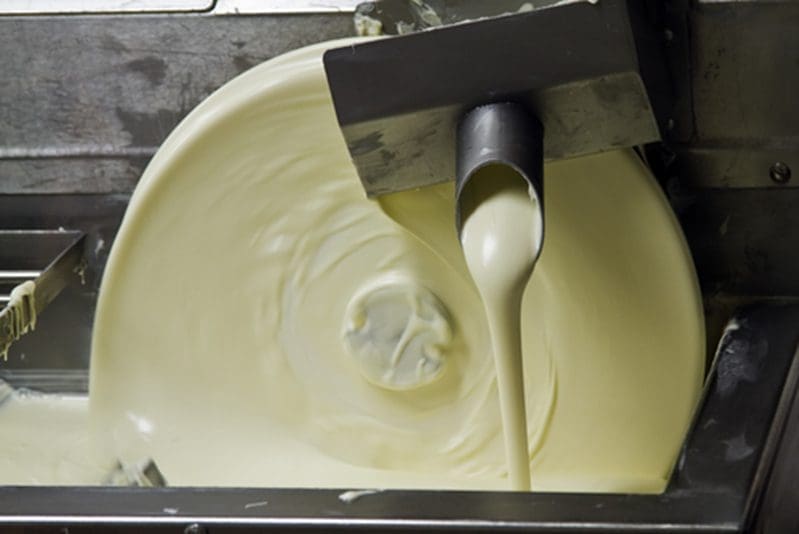In a sector as driven by safety- and quality-compliance as food and beverage production, the margin for error is small and the cost of contaminants high. Food grade plastic's presence in what we consume, no matter how insignificant, can lead to choking hazards or expose people to long-term chemical harm.
With these risks in mind, it is more important than ever that food production managers invest in the right tools to improve safety.
The cost of food recalls
Cadbury Australia recently paid the price for inadequate food safety assurance with the recall of its popular 'Caramilk' chocolate. Resurrected after 20 years off the shelves, the product was extremely popular and a sell-out in supermarkets nationwide. However, a limited number of bars were found to contain small pieces of food grade plastic which entered the production line after a machinery fault in manufacturing. Cadbury promptly recalled all stock – to the cost of tens of thousands, including lost revenue and lowered brand faith.
These recalls came at the same time as UK food wholesaler Booker was forced to recall thousands of bottles of ketchup that were thought to be contaminated in the same way. Product recalls are a costly affair for food production businesses, with the same problems usually at the heart of it time and time again.
Of the 67 product recalls across Australia last year that posed a danger to consumer health, nearly 15 per cent were as a result of foreign matter contamination, according to Food Standards Australia New Zealand. The organisation's research went further, showing nearly one in three of these foreign contaminant were food grade plastics introduced during processing.
Nearly 15 per cent of all product recalls in Australia last year were due to foreign matter contaminants.
Ensuring higher standards for food safety
For a food production business to maintain a reputation for safety, investing in safety assurance is a must. Take chocolate production as an example. Roy Morgan Research shows nearly a million more Australians were eating chocolate regularly in 2016 than three years previously, meaning the cost of failure after the Caramilk recalls is even more acute for Cadbury. Not only has the business lost revenue, it also lost ground to competitors.
Ensuring higher safety standards has to be a priority for all businesses in the food production sector – but this can only be done with right weighing equipment.

Using a weigh belt feeder for quality assurance
Producing safer chocolate and other consumable products relies on knowing what exactly goes into your raw ingredients during processing. By using a weigh belt feeder, you can more accurately measure the flow of solids or liquids, ensuring to the most precise degree that no contaminants are present.
SRO Technology's belt feeder can be integrated into any existing conveying system to improve the accuracy of measurements. Our equipment is designed to ensure that quality assurance is the least of your priorities. All you have to do is preset the speed and quantity data you want the machine to feed at. The equipment is automated and ruggedised to meet the standards of fast-scale production. Lowering the time needed for equipment maintenance and calibration is also vital to providing a feeder system that lasts for longer and doesn't contribute to production downtime.
Our customisation service means we can design and assemble a belt feeder system that's perfect for your operation. Working with your existing production system, we can recommend where and how to operate the feeder to improve measurement accuracy and food quality, ensuring you get the most out of our team's years of experience in designing measure and weigh solutions.
For more information about improving food production safety with a weigh belt feeder, contact the SRO Technology team by clicking below.




Recent Comments